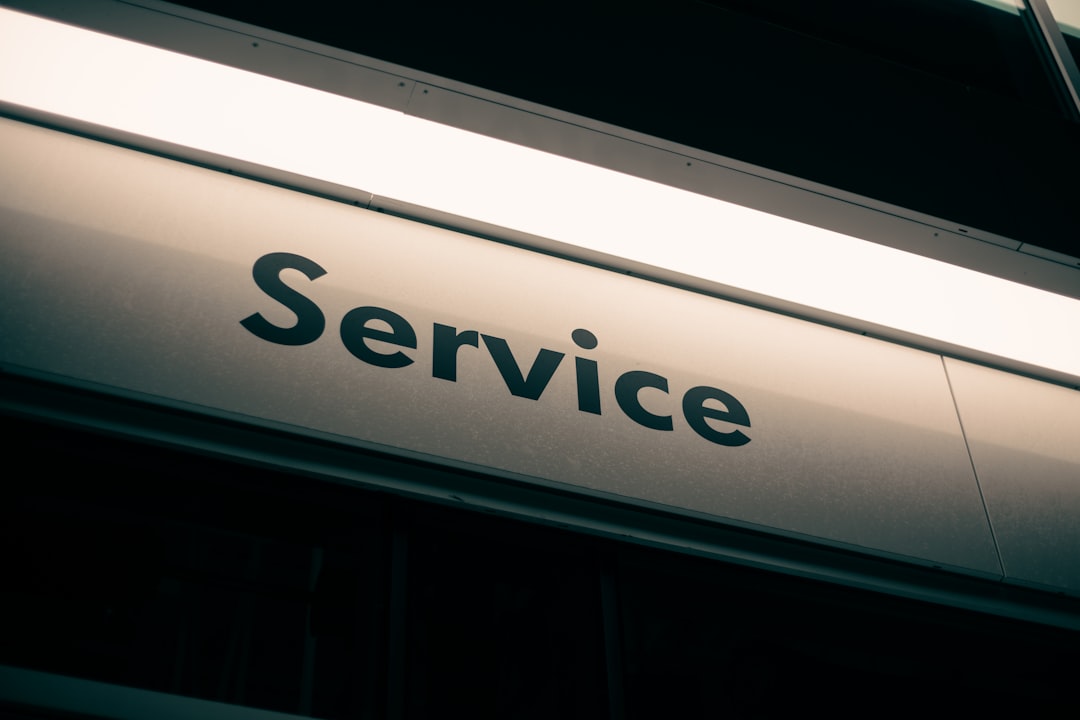Aug 20, 2025
A 10-Point Plan for (Without Being Overwhelmed)

Selecting the best restaurant contractor is a critical decision that directly influences the success of a food establishment. Unlike general construction, restaurant projects require a contractor who understands not only structural needs but also the specific requirements of commercial kitchens, dining spaces, ventilation, and compliance with health and safety regulations. Identifying the right contractor begins with assessing their experience in the restaurant industry. A contractor who has successfully completed restaurant projects will be better equipped to handle the unique challenges, such as installing grease traps, specialized HVAC systems, and fire safety measures. Their portfolio should demonstrate a clear understanding of how to create spaces that balance functionality, efficiency, and ambiance, all of which are crucial in a restaurant setting.
Another key factor in identifying the best restaurant contractor is reviewing their licensing, certifications, and insurance. Restaurants are highly regulated establishments, and any oversight in compliance could result in costly delays or penalties. A qualified contractor should hold the necessary licenses to operate within the locality and be familiar with building codes that apply specifically to food service establishments. Insurance coverage is equally important, as it protects both the client and the contractor from unforeseen damages or accidents during the construction process. Contractors who willingly share proof of insurance and certifications demonstrate transparency and professionalism, traits that are indispensable in building trust and ensuring a smooth project.
Reputation and references also play an essential role in determining the suitability of a restaurant contractor. A reliable contractor should be able to provide references from previous clients, ideally those who own or manage restaurants. These references offer valuable insights into the contractor’s ability to meet deadlines, work within budget constraints, and resolve challenges effectively. In addition to personal references, online reviews and industry ratings can give a broader perspective of the contractor’s reputation. A contractor with consistently positive feedback indicates a strong track record of delivering quality results, while one with unresolved complaints may signal potential risks.
Budget transparency and financial management are also crucial in selecting the right contractor. Restaurant construction can be expensive due to specialized requirements, and cost overruns are common when projects are not managed efficiently. The best contractor should provide a detailed estimate outlining labor, materials, permits, and any additional costs that may arise. Clear communication about payment schedules and contingencies reduces the likelihood of misunderstandings and ensures that the client can plan accordingly. Contractors who demonstrate a strong commitment to budget management not only help clients save money but also reflect their organizational skills and reliability.
Communication and collaboration are equally significant when identifying the best restaurant contractor. A restaurant project often involves multiple stakeholders, including designers, architects, and health inspectors. The contractor should act as a central point of coordination, ensuring that everyone involved remains aligned with the project goals. Good communication fosters transparency and minimizes errors, while a collaborative approach allows the contractor to incorporate the client’s vision into the final design. A contractor who values the client’s input, provides regular updates, and promptly addresses concerns creates a positive working relationship that is essential for project success.
Lastly, the ability to deliver innovative and customized solutions distinguishes an exceptional restaurant contractor from an average one. Every restaurant has unique needs based on its cuisine, concept, and target market. The contractor should not only meet standard requirements but also offer creative suggestions that enhance the functionality and appeal of the space. For instance, they may recommend energy-efficient kitchen equipment, innovative layouts that improve workflow, or design elements that elevate the dining experience. A contractor who goes beyond basic construction and contributes to the overall vision of the restaurant demonstrates true expertise. By carefully evaluating experience, compliance, reputation, financial practices, communication, and creativity, one can confidently identify the best contractor to bring a restaurant project to life.
If You Read One Article About , Read This One
How to Achieve Maximum Success with
More Details
 Choosing the Right Excavation Contractor for Your Project
Choosing the Right Excavation Contractor for Your Project